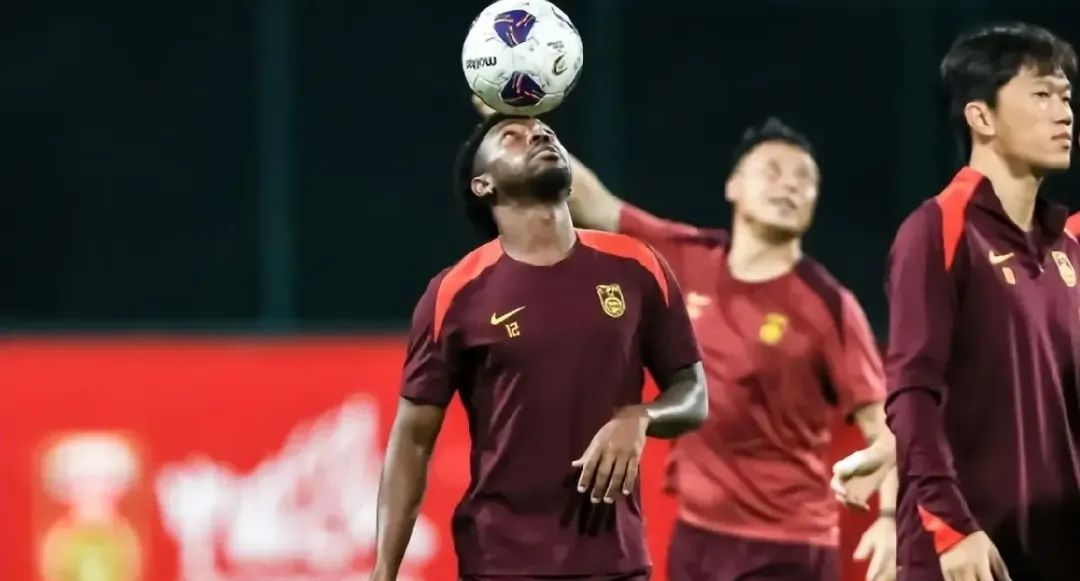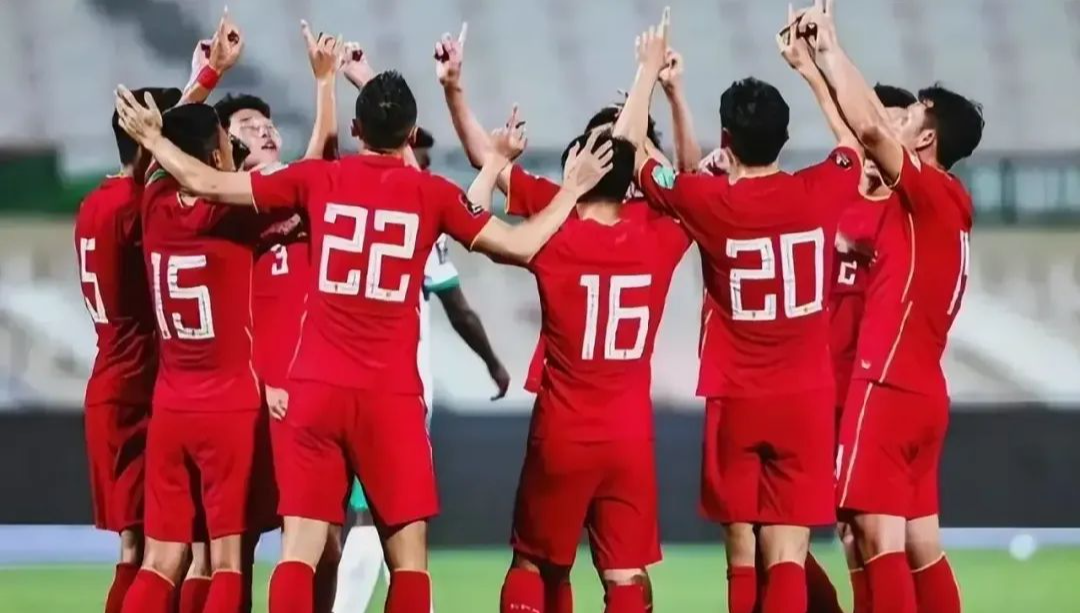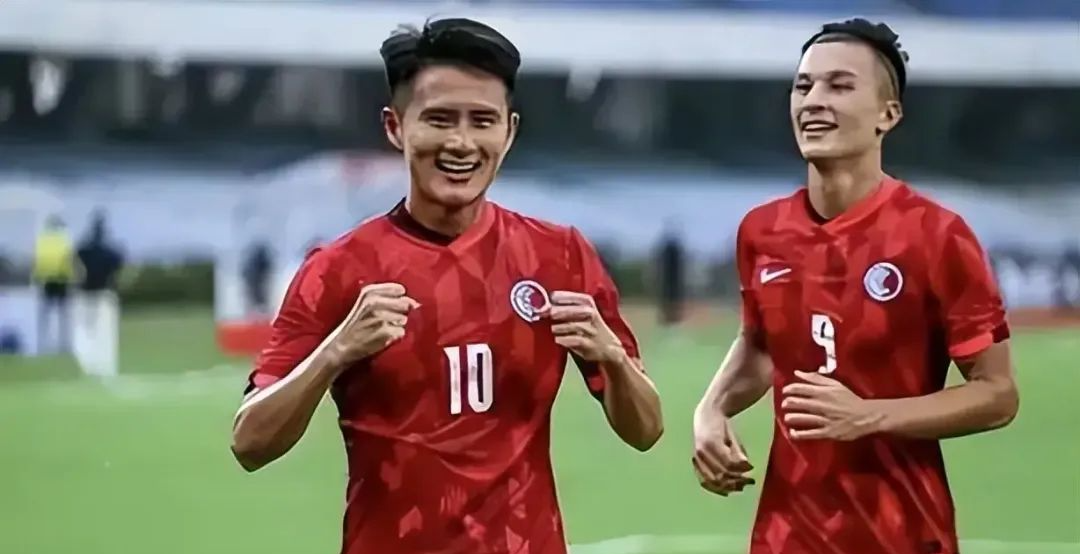China's U20 National Football Team is currently in a crucial preparation phase, with their recent performances capturing the hearts of many Chinese football enthusiasts. In a recent away friendly match against Thailand's U20 team, the Chinese team drew 1-1 with their opponents. The game was full of drama as the team managed to equalize through a goal by Chen Zeshi, a young player from Shandong Taishan. However, this also meant that the team had gone two rounds without a win in their New Year's away training, which inevitably raised questions and concerns about their strength.

For the team's head coach, Jurevic, the outcome of the friendly matches is not his primary focus. As an experienced coach, he places more importance on using these games to identify and address existing problems within the team. After all, the upcoming Youth Asian Cup will present a much tougher challenge. The purpose of friendly matches is to help the team adjust their state in time before official competitions and resolve technical and tactical deficiencies.

This 05 national youth team has indeed shown remarkable strength and potential. In a previous highly anticipated friendly match, the team achieved a notable feat by defeating traditional powerhouse South Korea 2-0. In that game, Liu Chengyu, a young forward from Shanghai Shenhua, performed outstandingly, scoring twice. This victory not only demonstrated the team's competitiveness in important matches but also filled the Chinese football community with expectations for this young squad.

The ultimate goal of the team is to secure qualification for the World Youth Championship through the Youth Asian Cup. The significance of this goal cannot be overstated, as since the "Golden Generation" of the 85 national youth team (including players like Feng Xiaoting, Dong Fangzhuo, and Gao Lin who later became the backbone of Chinese football) reached the round of 16 in the 2005 World Youth Championship, Chinese football has not been seen on the stage of the World Youth Championship. This nearly 20-year gap reflects the challenges faced by Chinese youth football development and has become a hurdle that the Chinese football world has struggled to overcome.

The current performance of the 05 national youth team in various events gives people hope. Represented by players like Chen Zeshi, the new generation not only possesses excellent individual abilities but also exhibits good teamwork awareness and a tenacious competitive spirit. These are the foundations for achieving success in international competitions.
Although the recent friendly match results have not been ideal, this does not completely negate the team's strength. In fact, this team has the potential to make historical breakthroughs. As long as they can perform at their best in official competitions, the goal of advancing to the World Youth Championship is not out of reach. The importance of this goal goes beyond the competition itself, as it relates to the growth of this generation of young players and the future direction of China's football youth training system.
The development of Chinese football has always been closely watched, and the performance of the youth teams is seen as an important measure of a country's football development level. For this U20 national team, what they carry is not just the outcome of a single match, but the heavy responsibility of Chinese football hoping to return to the stage of the World Youth Championship. Every match and every training session is an effort towards this larger goal.
Coach Jurevic's coaching philosophy is also commendable. He does not overemphasize the results of friendly matches but instead focuses on identifying and solving problems. This pragmatic attitude is precisely what ensures the team's potential for success in official competitions.
Looking to the future, the road for this U20 national team remains full of challenges. The intensity and pressure of the Youth Asian Cup will far exceed those of friendly matches, and the team needs to demonstrate stronger competitiveness and more mature psychological qualities in official competitions. However, as long as they can maintain their current momentum of progress and perform at their best in key matches, the goal of breaking history and returning to the World Youth Championship is not unattainable. This not only concerns the growth of this generation of young players but also the future direction of China's football youth training system. We look forward to this team full of potential creating excellent achievements on the field in the future and bringing new hope to Chinese football.